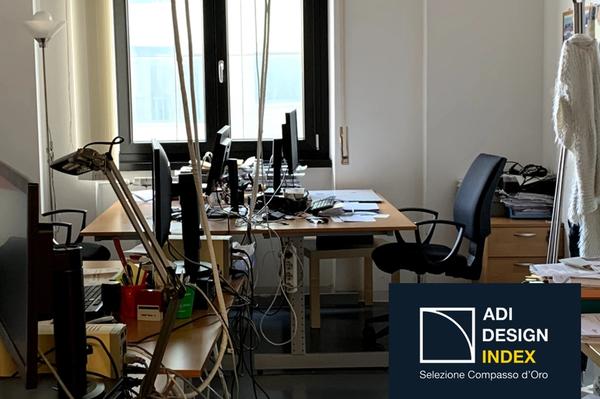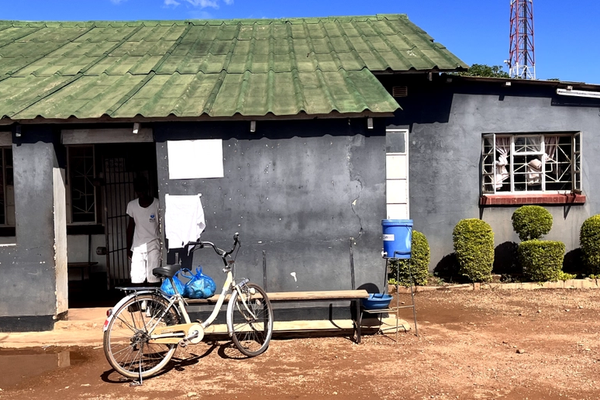Strengthening Abilitiamo capacity to support autistic adults
From Cascina Cristina to an organisation that grows: evolving management, volunteering, and fundraising
How to sustain and scale a non-profit healthcare facility for autistic adults, transforming a small-scale, informal initiative into a structured and professional service while ensuring long-term organizational capacity and impact?
We carried out observations, interviews, and questionnaires to understand management, fundraising, and communication processes and to map key opportunities. We then brought all these inputs together in a co-design workshop with all the operational and management team to define possible strategies for the future.
The project resulted in a set of initiatives ranging from more operational aspects and team management to activities focused on communication and fundraising. Beyond the specific outputs, working with us became an opportunity for people to learn co-design and user engagement techniques they can apply in other contexts.
The Abilítiamo Autismo Association was founded in 2017 by five families with autistic children. A distinctive trait has always been the direct involvement of relatives, ensuring continuity and a strong sense of purpose. Their initial ambition was clear: to build a home for young adults with autism in the Cantù area, a place where life could be shaped around their abilities.
This vision took shape in Cascina Cristina, a residential facility inspired by the "community farm" model, where rural life and horticulture become tools for habilitation and socialization. Even though rooted in the countryside, the Cascina has always been in contact with the nearby community of Fecchio (Cantù), building bonds with local residents and businesses.
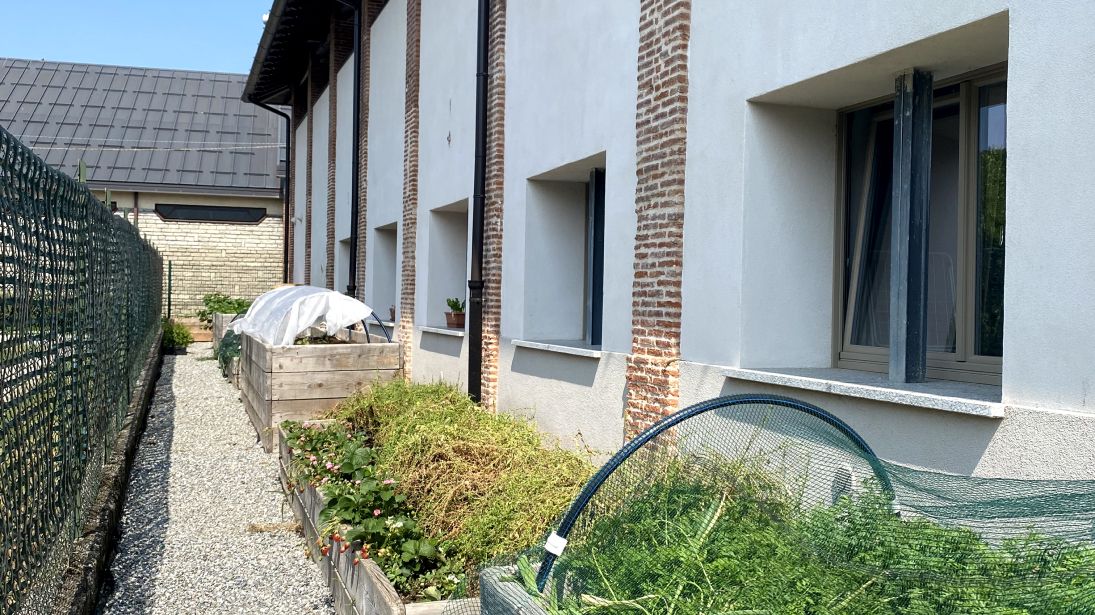
After just a few years, Cascina Cristina has reached full capacity. Up to now, Abilitiamo and Cascina Cristina have largely been perceived as the same thing. To continue growing and deliver even better services to its inhabitants, the association is now facing the need to evolve beyond the Cascina itself. This means rethinking not only how it manages the facility, but also how it organizes volunteering, communication, and fundraising—laying the foundations for a stronger, more resilient organization.
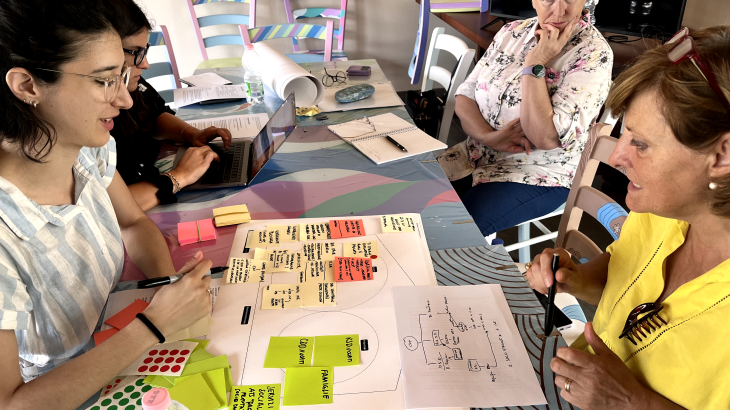
We began by immersing ourselves directly in the daily life of the Cascina. Observation, process mapping, and conversations with the president and vice president gave us a basic understanding of how things really worked on the ground. Interviews with staff and volunteers gave us a deeper sense of the culture, while surveys extended the picture to the wider community and revealed opportunities beyond the immediate boundaries of the facility. The insights were then transformed into visual maps of roles, responsibilities, and journeys, which we used in an ideation workshop with founders, staff, and volunteers. Together we shaped strategies for staff engagement, volunteering, and fundraising, and translated them into a roadmap that felt both ambitious and sustainable over time.
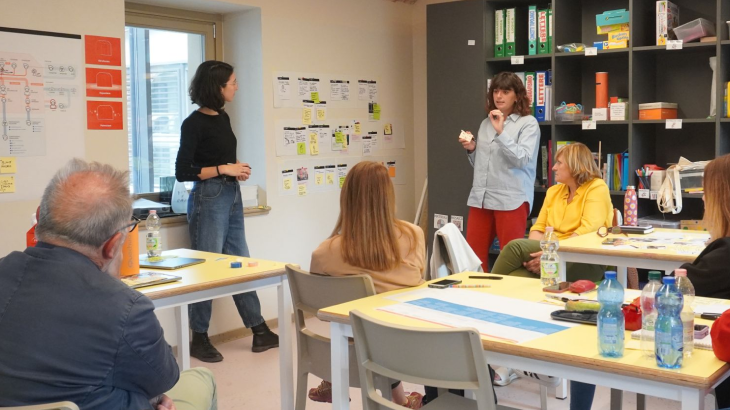
The final initiatives spanned from operational tools—like shared timetables and new team processes—to communication and fundraising efforts that could better convey the association’s impact. A central focus was structuring the work with volunteers, who are key actors in small ecosystems like this one. By discussing levels of responsibility and detailing how to implement the roadmap, we created something feasible and adaptable in the ever-changing context of Abilitiamo.
